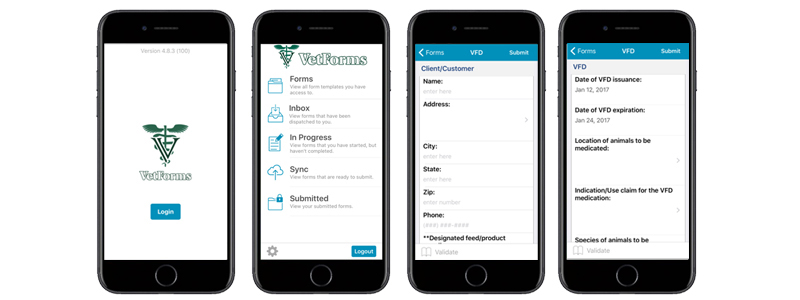by Dr. Tad Coles
As I’m going through the day there are times when it becomes apparent that I need to slow down. This shows up in a variety of situations. On a hectic day I introduce myself to a client and notice something is amiss. Maybe it is their body language, but maybe it is just a feeling I have, a feeling that I need to take a moment and pay more attention, even though many clients are waiting.
The other day a client was talking about her cat urinating outside the litter box and if I hadn’t paid attention to her mention a visiting sister I would have completely missed a behavioral cause of dysuria. The only litter box was in the guest bedroom. The cat didn’t like Sis.
We have so much to filter. Sometimes it feels like clients are spewing so much word salad. I mean, who really cares if your sister is visiting, what’s wrong with your cat?
I was reminded of the importance of stopping and paying better attention when reading Attending: medicine, mindfulness, and humanity by Ronald Epstein.(Epstein 2017) It’s a good book, but I’m only half way through and having difficulty finding time to read it, so please wait a few weeks to request it from the library so I can renew my checkout.
The quote to open chapter 2 of Epstein’s book is Yogi Berra, “You can observe a lot by just watching.” I can be clicking through an exam, mentioning the normal and abnormal findings to the client and there will be something the client says in an offhand manner or something about the pet that is a bit odd, not really abnormal, just a bit odd. Unless I slow down, unless I stop and pay attention, I may see, but not understand, may hear, but not listen.
It is not unusual for me to find myself all wound up, especially on a busy day. You may remember that a hallmark of burnout is too much to do without enough time. That situation of being too busy gets me all wound up. I’m sure my hypothalamic-pituitary-adrenal axis gets askew on days when one frantic situation follows another.
Sometimes I can feel the result of adrenalin kicking in. Colors are bright; edges distinct, sharp. That is a big clue that I need to stop for a moment. It makes a huge difference in my day if I will take the time to pay attention to my breath, soften my belly, and feel it bulge as I breathe in.
Sometimes it is difficult. Sometimes that first breath in goes into my chest. I feel my chest expanding and I know I’m in a predominately sympathetic autonomic nervous system tone. Paying attention to my belly softening at that moment is imperative. When I’m in fight-or-flight the frontal lobes of my cerebral cortex are not receiving the blood flow and oxygenation necessary for me to do my best thinking.
So when I’m in a situation where I don’t actually need to fight my way out to succeed and I realize I’m in fight-or-flight mode, I’d better do something right now to boost my parasympathetic autonomic nervous system tone, because I’ll need to think my way out to succeed. I can’t think properly when my nervous system is sending all my energy and oxygen to my major limb skeletal muscles.
Paying attention to my breath, focusing on softening my belly so it can expand when I inhale, that’s the next thing to do after I stop. Stop. Breathe. Then observe. I need to pay attention to what’s going on around me and inside me. What strikes me about the animal in front of me, the owner, my assistant, my associate, my self?
Is the owner showing apprehension in their body language, but they are telling me to go ahead? Maybe I need to take some time to ask about their hesitancy, really listen, and give reassurance. If I find I am angry, which, by the way, I may not realize before stopping and attending to my breath; I need to look at why, often at what boundary has been crossed. If I’m afraid I need to take a moment and contemplate that emotion before going forward. It is dangerous to forge ahead without taking a moment to contemplate.
Yes, it is important to affect change when my fight-or-flight is ramped up, but without some finesse I can take that too far and suppress all emotions, which is equally dangerous. So I’ve learned to stop, pay attention to my breath while softening my belly, observe, really pay attention to what is going on inside me and in front of me, and wait to act until I’ve had a chance to resolve what I’ve learned in observation.
Stop-Breathe-Observe-Act. For me it has been a useful tool. I recently included it in a presentation on tools to increase the rest-and-digest portion of the autonomic nervous system given at the Pacific Veterinary Conference. It was well received. Try it and let me know how it works for you.
1. Epstein R. Attending: medicine, mindfulness, and humanity. First Scribner hardcover edition. New York: Scribner; 2017.









